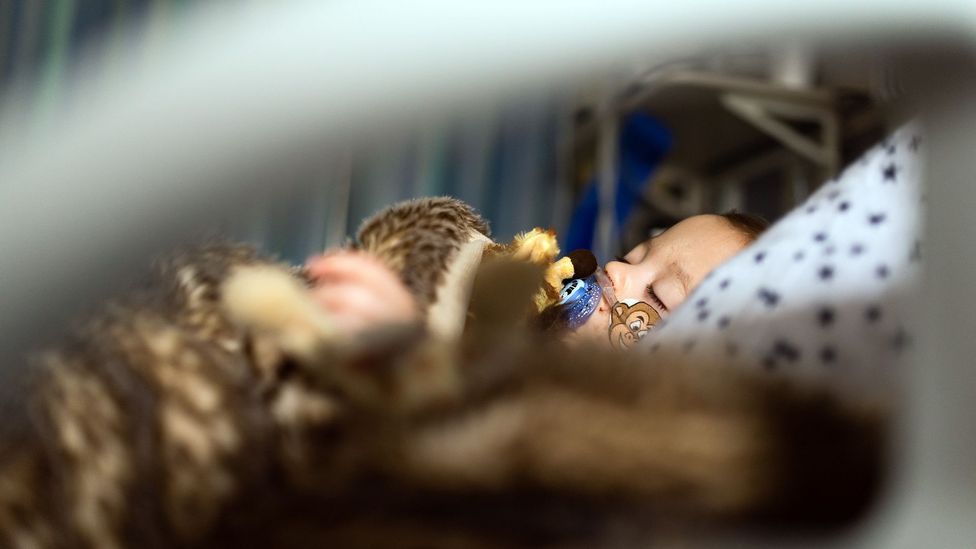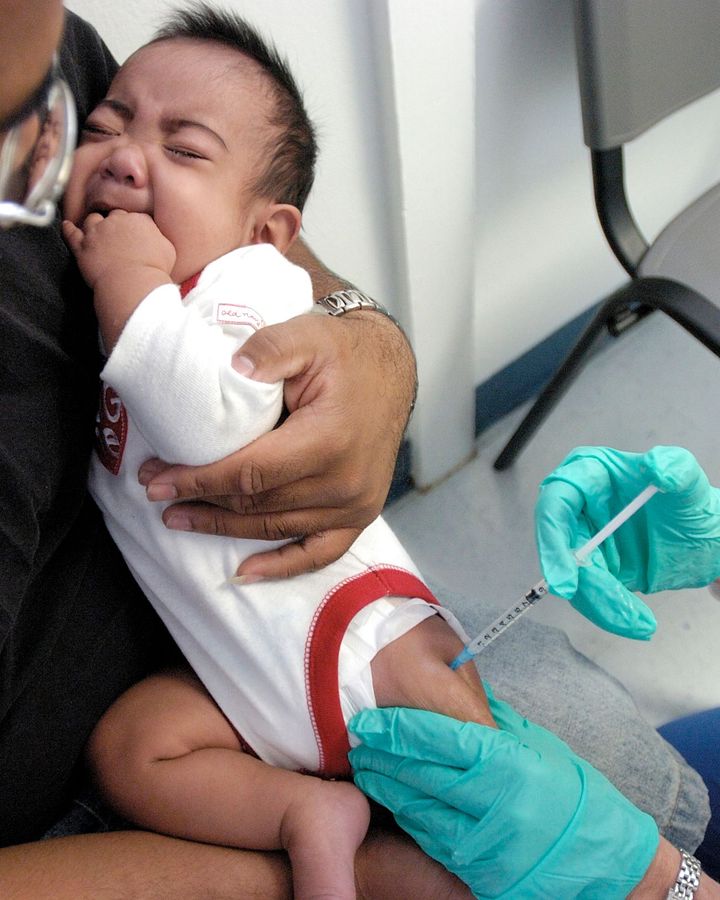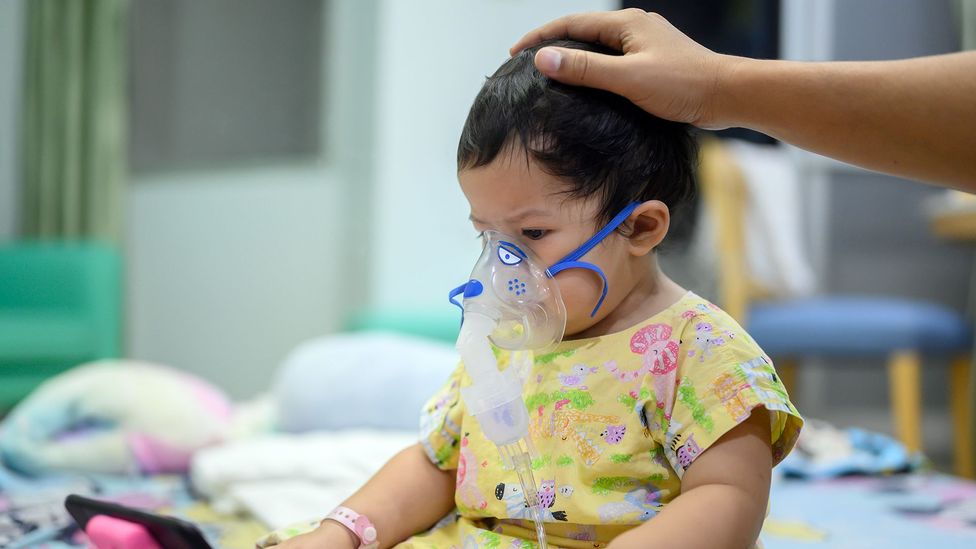Infectious Diseases Season
"[The hospital had seen a] significant surge [in RSV numbers including children coming into emergency, requiring admission].""I wouldn't say we are overwhelmed, but we are seeing a significant number of cases and a lot earlier than we usually expect.""[A vaccine to protect everyone from RSV would be the] holy grail [for preventing severe illness]."Dr.Charles Hui, head of infectious diseases, CHEO (Children's Hospital of Eastern Ontario)"[RSV] doesn't have the drama [of COVID-19 [but the disease's burden is significant in the population].""I wouldn't wish it on anybody. If we did have a vaccine, that would be a good thing.""We are going to see more and more outbreaks of respiratory infections. We can control these, and vaccines are tools that work.""We will all be better off for it."Dr.Bill Cameron, infectious-disease specialist, senior scientist, The Ottawa Hospital

Respiratory synctial virus (RSV) is an annual visitor, a common respiratory virus. The virus this year is appearing earlier, hitting harder than has always been experienced according to international reports. And it's highly likely that its earlier appearance as well as its more virulent status owes something to another virus; COVID-19. Because of the advent of the pandemic, last year COVID-responsive public health measures had the effect of reducing mobility and that resulted in a significant decrease in the appearance and spread of other viral illnesses.
This fall, that situation has changed, hospitals admitting children for medical care are being swamped with unusual numbers of RSV cases, the most common cause of children admitted to hospital during their first year of life. But serious RSV cases are not confined to infants and children. Another critically-impacted demographic is at the other end of life's trajectory; the frail elderly. Worldwide, roughly 2.7 million people die annually from RSV-associated illnesses.
Customarily, the expectation is through experience that the viral illness hits hardest between November and March. This year international health experts have issued warning that the RSV infections would begin earlier than usual simply because so little of it occurred last year so that children missed the exposure enabling them to build resistance to it. As well, pregnant mothers had no opportunity to pass antibodies to their babies, thus increasing the pool of highly susceptible children.
 |
| Protective shot of antibodies Getty Images |
Leading out from these early warnings is the prospect of pediatric hospitals facing strain associated with an unaccustomed and unexpected surge in critical cases at a time when they are already struggling to manage serious cases of COVID-19. High-risk children under two years of age in Canada; those born prematurely, with congenital heart issues or requiring oxygen, are treated monthly with monoclonal antibodies in prevention of RSV. This year that treatment was required to begin earlier than usual.
As a proactive treatment whose efficacy has been proven, the highest-risk children are being well looked after, but medical experts speak of the need for a vaccine to prevent everyone from the onset of RSV for the larger goal of preventing severe illness. A clinical trial for an RSV vaccine developed by GlaxoSmithKline is ongoing in Ottawa headed by Dr.Cameron, where researchers are recruiting volunteers to take part.
Most people infected with RSV will experience only minor symptoms or none at all. But RSV can become a serious lower-tract respiratory illness that can turn deadly for the most vulnerable. Symptoms can begin its course, similar to those of a cold or flu. In more serious cases symptoms can include fever coughing, wheezing and a depressed appetite. Crowded living conditions are perfect to enhance the spread of such viral infections.
 |
| Children that get sickest with RSV can often be treated with oxygen and most get better in a few days (Credit: Getty Images) |
Labels: COVID-19, Early Appearance, Research, Respiratory Synctial Virus, RSV, Seasonal Viruses, Serious Risks

0 Comments:
Post a Comment
<< Home